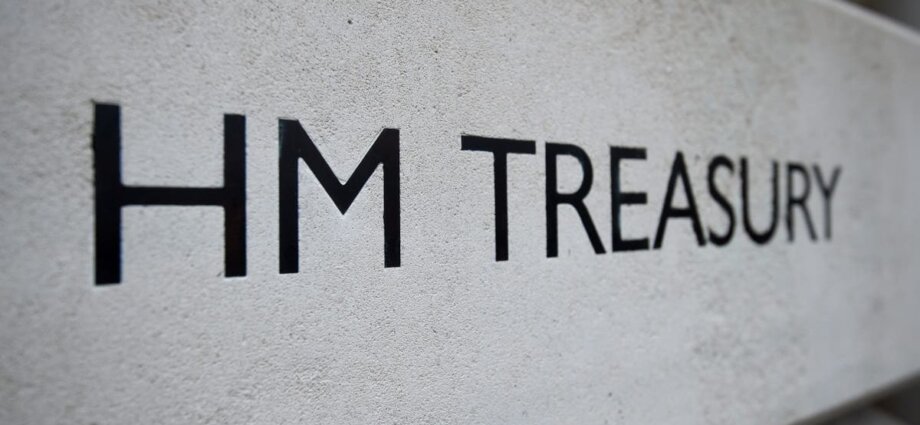The Treasury’s top officials has denied breaking the law over the £22 billion “black hole” Chancellor Rachel Reeves claimed to have found in the public finances.
Permanent secretary James Bowler said changes had been made in the way information is provided to the budget watchdog but insisted there had been no breach of the law ahead of Jeremy Hunt’s final financial statement in March.
The Office for Budget Responsibility’s chief Richard Hughes told MPs on Tuesday that there was around £9.5 billion of pressure on departments’ budgets “which they did not disclose to us (…) which under the law and under the Act they should have done”.
But Mr Bowler said: “It’s important to me to point out that I think we’re clear that the Treasury did act within the law.
“Indeed it’s because the law is more about what the OBR have the right to ask for, rather than what is provided to them of our own initiative, that we have needed to strengthen the framework as we are.”
In her first Budget in October Ms Reeves accepted 10 recommendations made by the OBR following the issues encountered in March.
The OBR launched a review and identified £9.5 billion in additional spending pressures which it said it should have been told about in February.
By the time of the election that figure had grown to £22 billion, the “black hole” which Ms Reeves has used as a political weapon to attack the Tories.
At the Commons Treasury Committee, Mr Bowler said that ahead of the March budget the OBR had been given a “top down” estimate of departmental spending.
That had worked “perfectly well in previous years, but it meant that there was a built-in assumption that if you did have pressures in-year, those would be offset, either by offsetting savings or by underspends”.
That was not the case in 2024/25, when the “pressures grew and the offsetting savings did not follow”.
Mr Bowler said that in future a “bottom up” approach to forecasting departmental expenditure limits would be used, with greater sharing of information.
Ms Reeves told the committee: “We knew there were big pressures coming down the line. What we didn’t know was that they were in the fiscal year that had already started.
“That was the big surprise, that the baseline that we were starting from did not reflect the true spending pressures.”
OBR chief Mr Hughes told the committee on Tuesday that he asked the Treasury “what were you aware about in terms of departmental pressures at the time we were putting together the March Budget?”.
He added: “The short answer was there were about £9.5 billion worth of net pressure on departments’ budgets which they did not disclose to us (…) which under the law and under the Act they should have done.”
Asked whether he thought the Treasury broke the law, Mr Hughes said: “They didn’t provide all of the information that we required to do our forecast.”
He said there may “have been a misunderstanding of how the law ought to be interpreted”.











